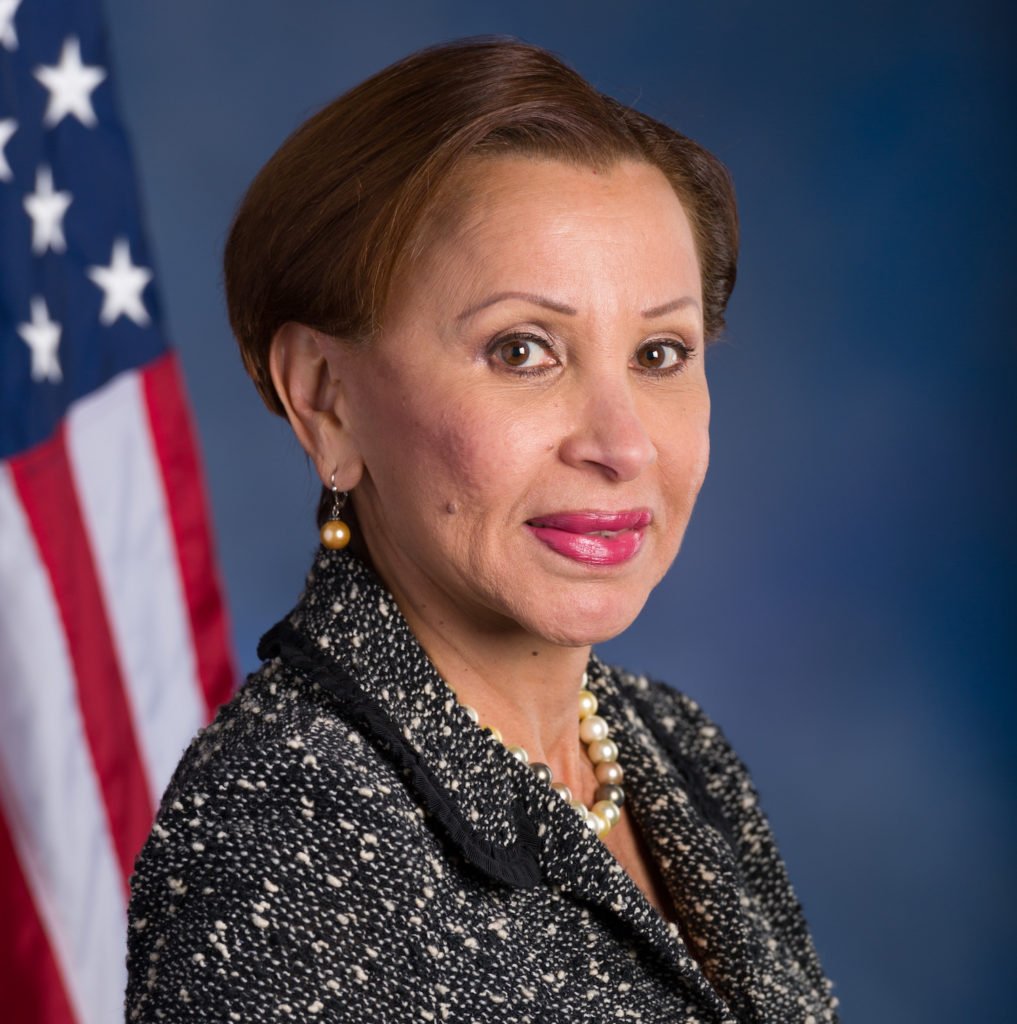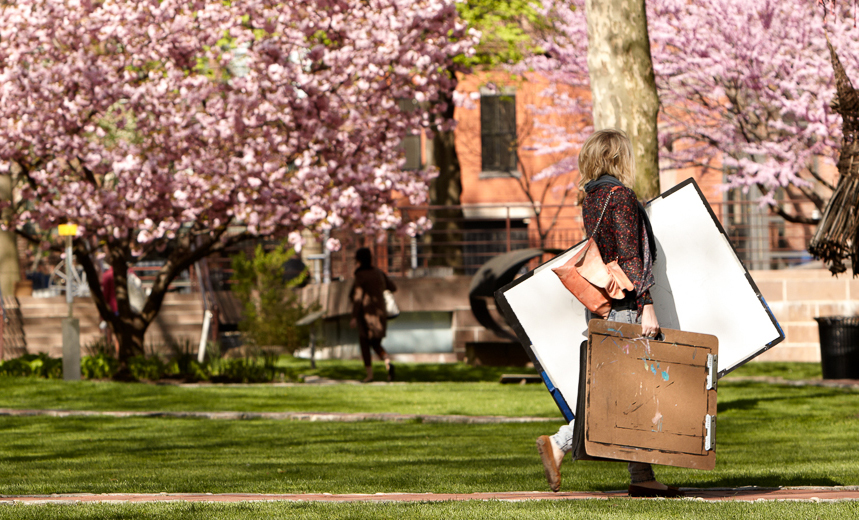Law & Politics
Are You an Art Worker Drowning in Student Debt? This Congresswoman Wants to Help
The American Arts Revival Act would offer loan forgiveness up to $10,000 for people like museum professionals and humanities professors.

The American Arts Revival Act would offer loan forgiveness up to $10,000 for people like museum professionals and humanities professors.

Brian Boucher

New York Democratic Congresswoman Nydia M. Velázquez has introduced a bill that would assist arts workers nationwide in paying down their student debt, for as much as $10,000. If you work in art education or other professional fields within the arts and your work benefits seniors, children, or adolescents, the American Arts Revival Act could help get you out of the red.
Those who earned college-level degrees in the fields of art, music, or design borrowed an average of nearly $22,000, according to Velázquez’s announcement of the bill. The announcement cited statistics from a Wall Street Journal article based on Department of Education data. Moreover, the median debt for liberal arts college graduates is a little more than that accumulated by those who attended research universities, she says: $19,445 as compared to $18,100.
“Those working in the arts and related fields make invaluable contributions to New York City and to our entire nation,” said Velázquez in a statement to the press. “Individuals that dedicate themselves to these professions enrich our culture and my bill would provide many of them with relief from mounting student loan debt.”
Velázquez further aims to enshrine in national law the idea that those employed in cultural sectors such as museums and college arts and humanities departments are working in the public interest, and she seeks to amend the Higher Education Act, signed by President Lyndon Johnson in 1965, to that effect.
The bill comes with the blessing of more than 100 organizations, including some of the most prominent art schools in the country, such as the Pratt Institute, the Cooper Union, the Cranbrook Academy of Art, the Maryland Institute College of Art, the Rhode Island School of Design, the Pennsylvania Academy of the Fine Arts, and the School of the Art Institute of Chicago.

The Pratt Institute in Brooklyn. Image courtesy Pratt Institute.
“Educating artists and designers and providing them with the skill set to succeed in life as creative professionals is critical, and we are proud to support the American Arts Revival Act of 2017,” Pratt Institute President Thomas F. Schutte said in a press release. With campuses in Brooklyn, Manhattan, and Utica, New York, Pratt offers degrees in art, design, and architecture as well as other liberal arts degrees.
The bill penned by Velázquez, who represents New York’s Seventh District (including Brooklyn, Lower Manhattan, and Queens) would offer a national complement to ongoing efforts by the City of New York to cultivate cultural jobs and ease the financial crunch on artists and other creative workers. Just last week, Mayor Bill de Blasio announced the New York Works initiative, a program to help develop 100,000 well-paying jobs (the goal is $50,000 a year or a starting point to achieve that salary) over the next 10 years, with 10,000 of them in the creative and cultural sector.
Velázquez’s bill stands in contrast to President Donald Trump’s budget proposal, which aims to eliminate the National Endowment for the Arts, the National Endowment for the Humanities, and other cultural organizations, which offer financial support to some of the organizations, such as museums, where these cultural workers may be employed.